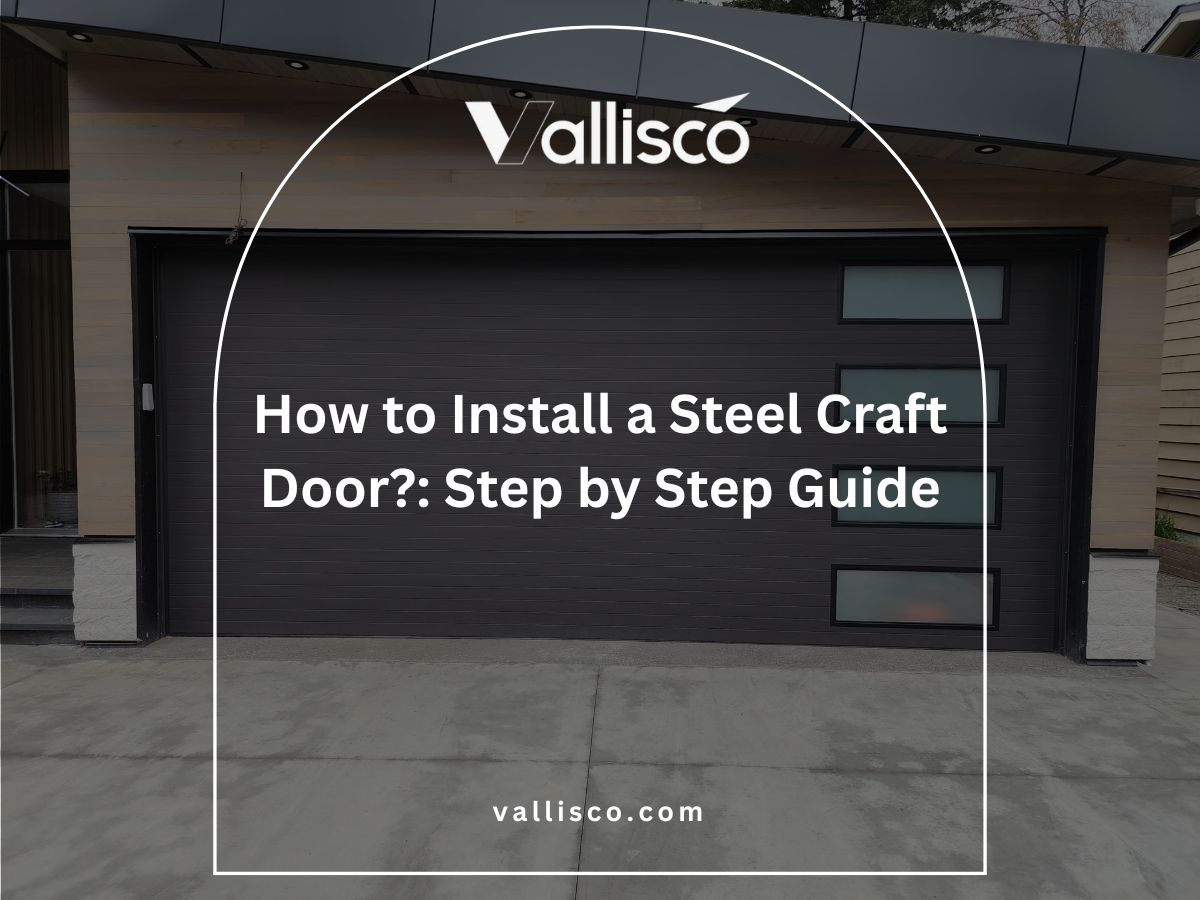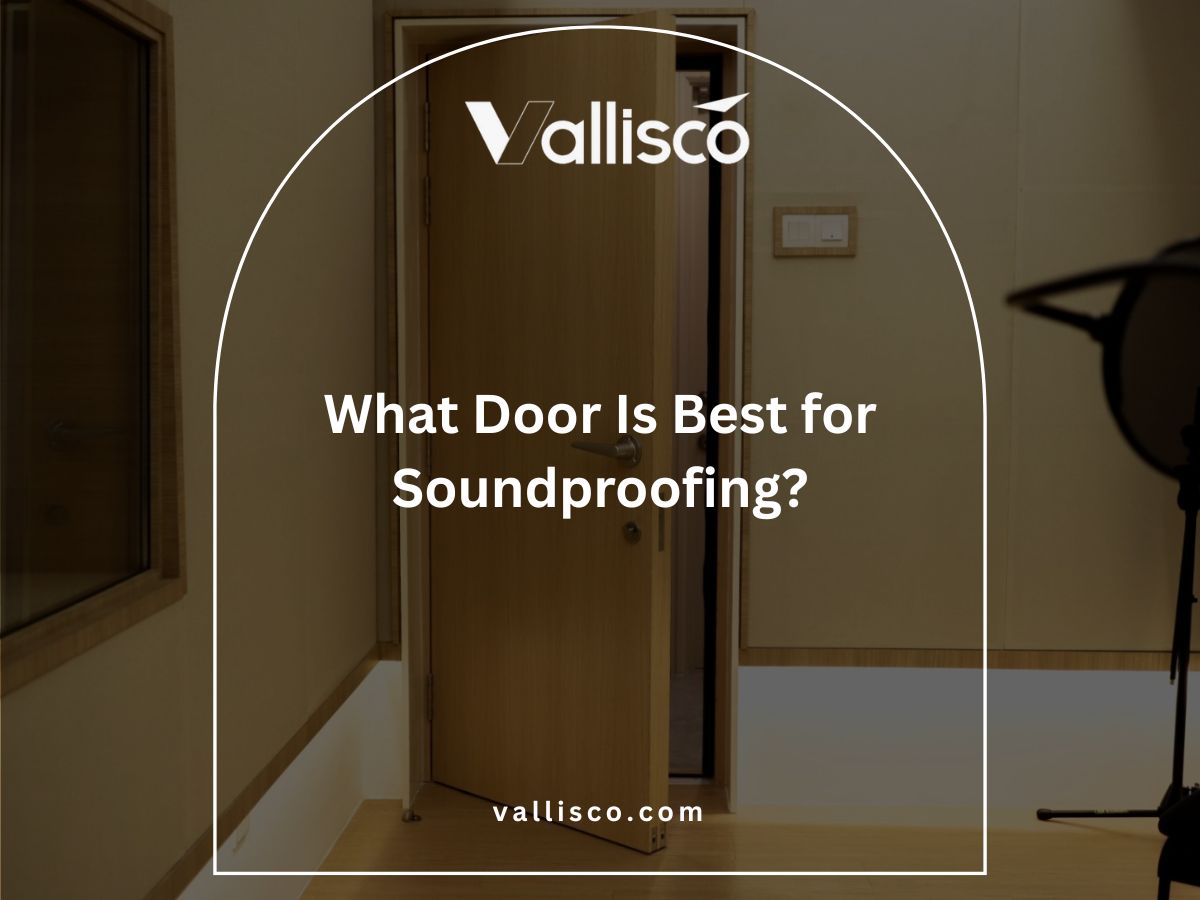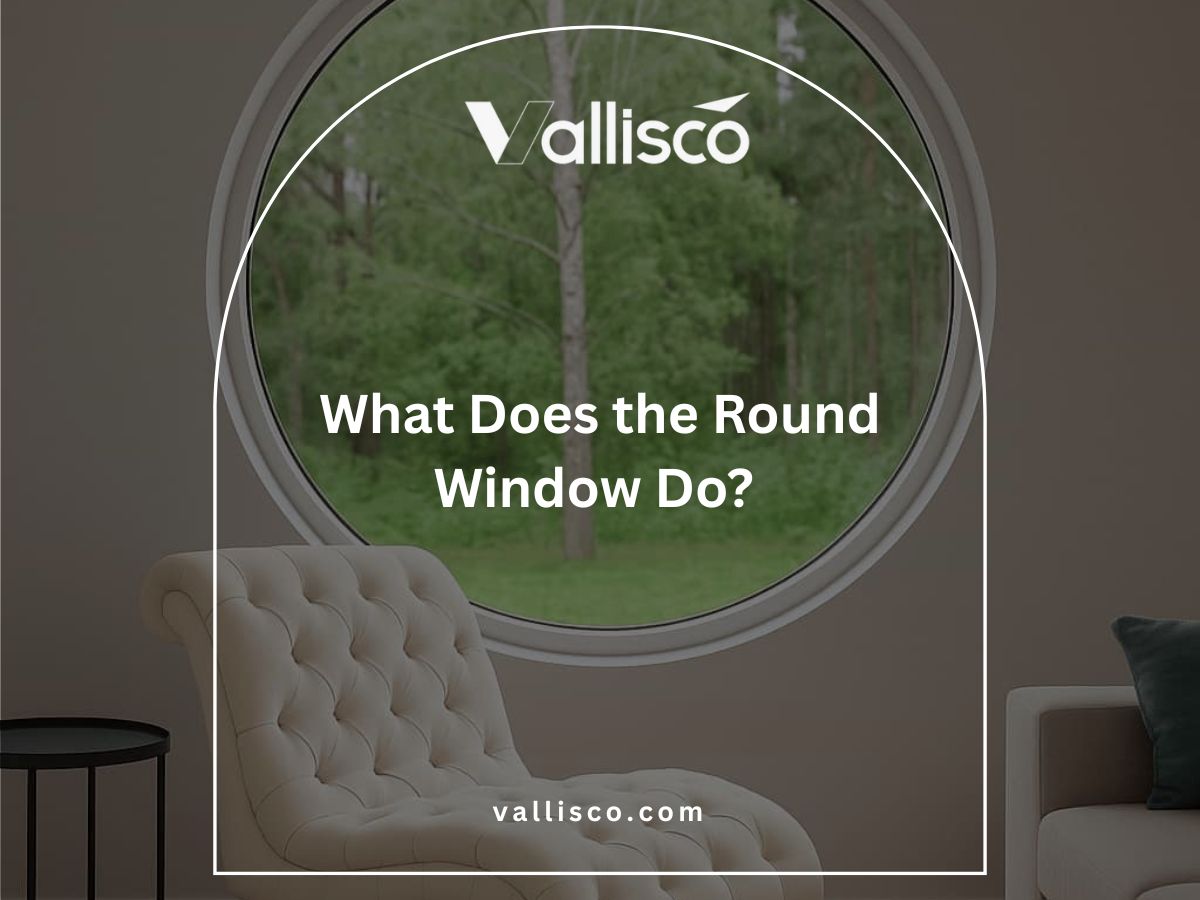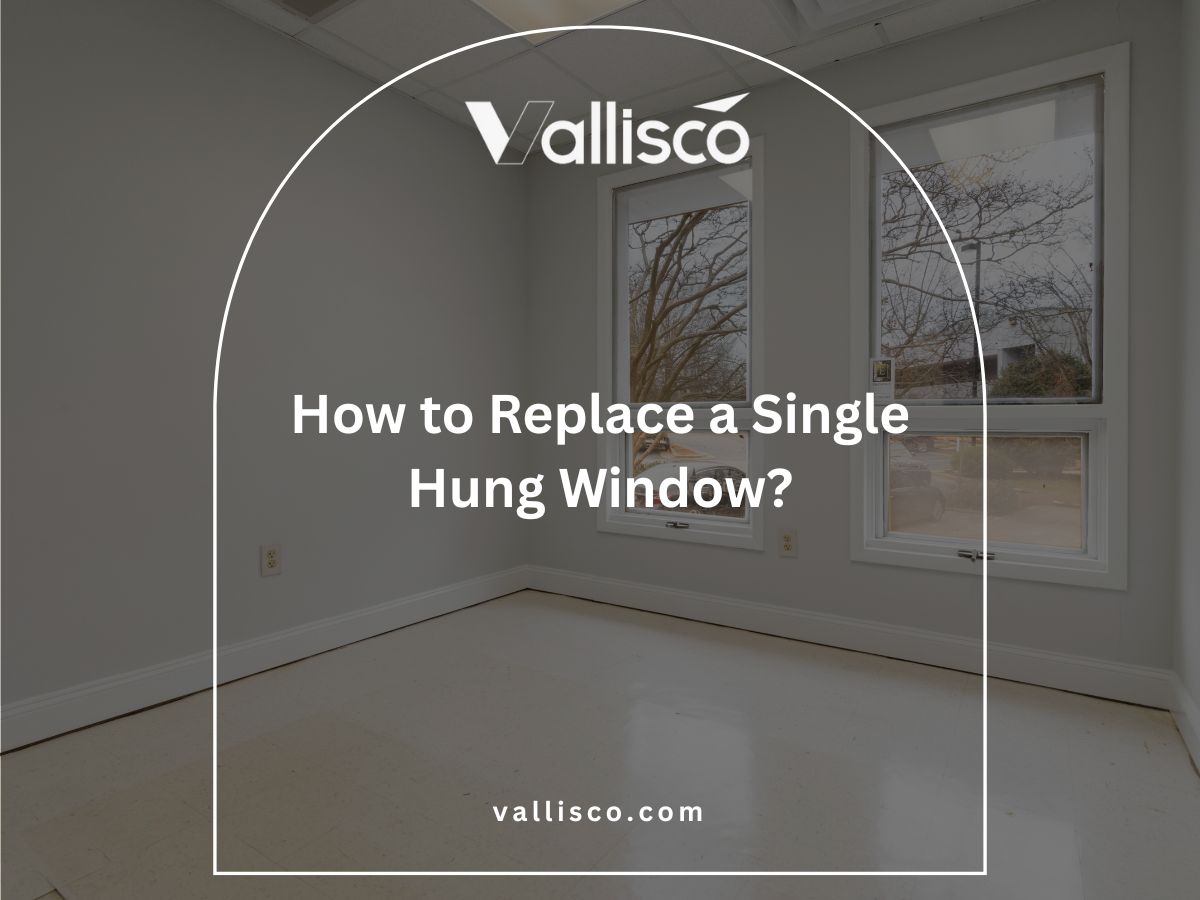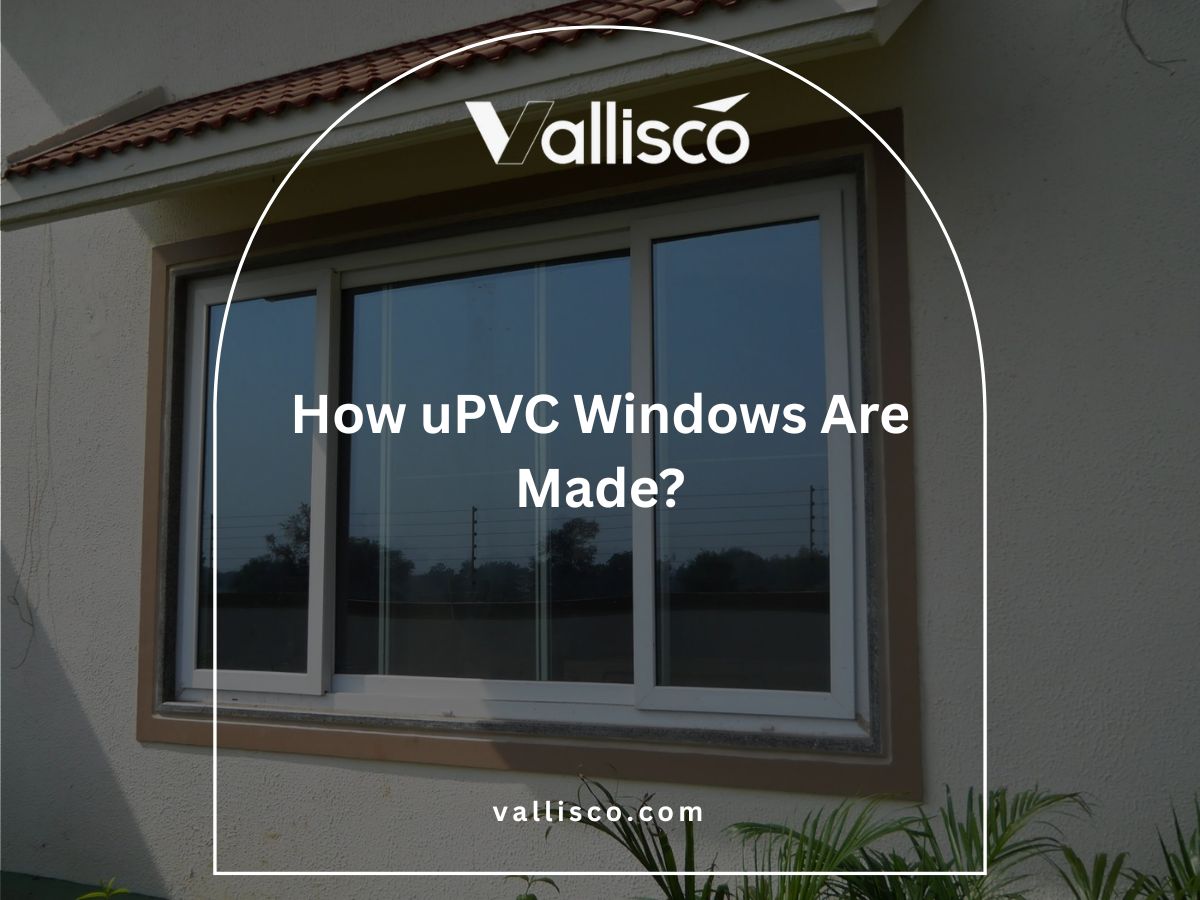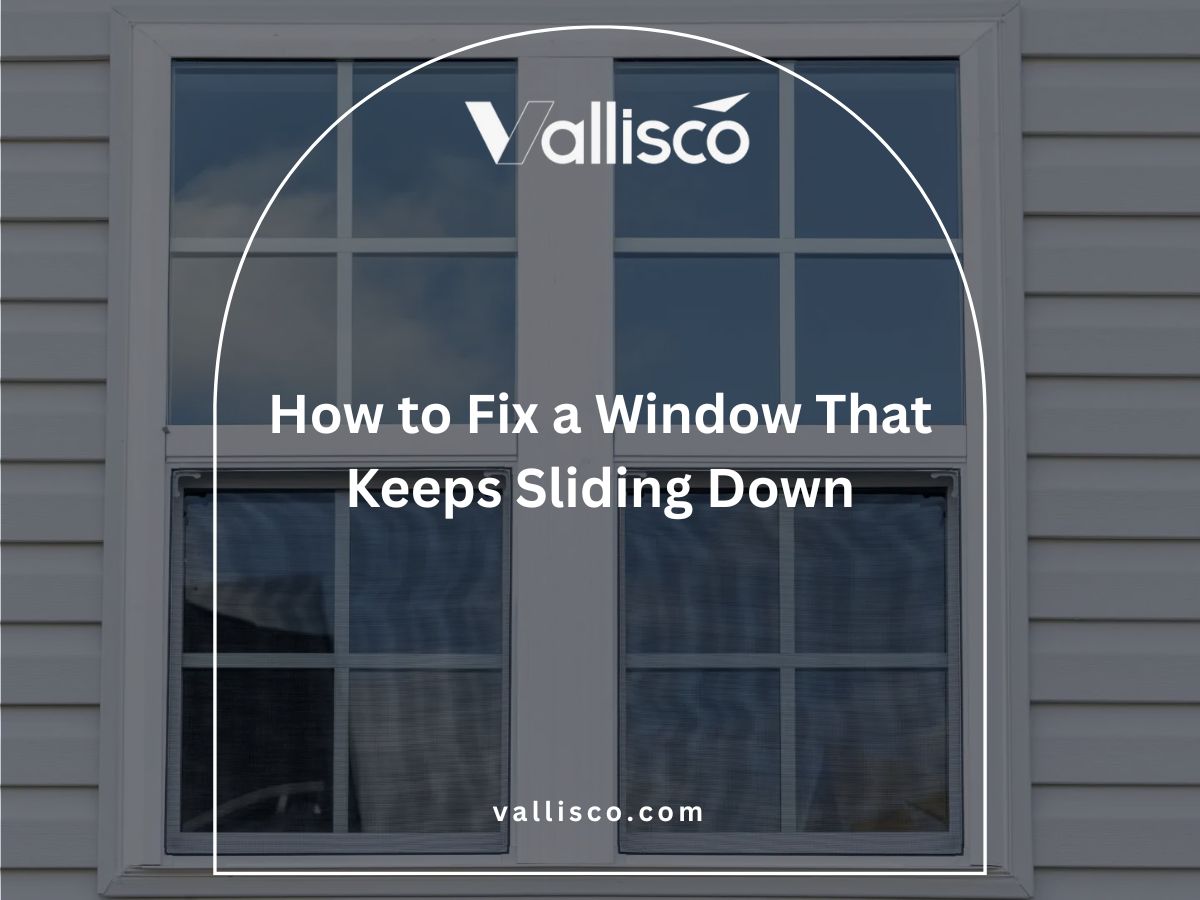A few years ago, I stayed at a hotel where the door latch barely closed, and I couldn’t sleep knowing it wasn’t secure.
That simple issue reminded me how hotel doors affect both guest confidence and overall safety.
As someone who works in the door and window industry, I’ve supported hotel owners and engineering teams in choosing secure systems that perform daily.
In this guide, you’ll find a practical review of hotel door security. We’ll look at common weak spots, modern solutions, and the practices that make a real difference.
If protecting guests and keeping operations smooth matters to you, this review will cover exactly what you need.
So, let’s get started!
1. The Hidden Costs of Weak Security
You know that one weak door lock can undo months of hard work. Guests notice these things, and when they feel unsafe, trust disappears. Once trust is lost, bad reviews follow, and those reviews can slow down bookings before you even realize it. I know you don’t want that to happen.
But there’s more. Weak security can also expose you to claims, disputes, and extra costs you didn’t plan for. I’ve seen hotels spend more fixing the damage from a single security failure than they would have spent upgrading their systems in the first place.
2. Common Weak Spots
Every hotel has points of weakness, and doors are usually at the top of the list. I know properties spend thousands on interiors but overlook the basics of security. Here are the most common weak spots I’ve come across:
Outdated Locks
If your locks are old, they’re already a weak link. Keys stop fitting right, latches get loose, and parts wear down over time. Guests notice when they struggle to get in or out of their rooms.
Don’t wait for that complaint at the front desk, outdated locks should be the first thing you review.
Master Key Misuse
You should also think carefully about master keys. They’re convenient for staff, but dangerous if not tracked. A lost or copied key can put every room at risk.
Make sure you know exactly who has access, and keep records that are up to date. Without that, you’re leaving doors open without realizing it.
Weak Doors and Latches
A strong lock means little if the door itself is weak. I want you to check the doors in your property. Do they feel solid, or can they be forced with a little push?
Guests feel it too when a door rattles or a latch doesn’t catch. Solid doors and sturdy frames are just as important as the locks you buy.
Vendor and Maintenance Loopholes
Think about how many outsiders have access to your hotel in a given week. Vendors, contractors, and maintenance crews often need keys or codes. Do you know if their access is still active after the job is finished? If not, you’re carrying silent risks.
Treat every temporary access point as a potential gap and close it once the work is done.
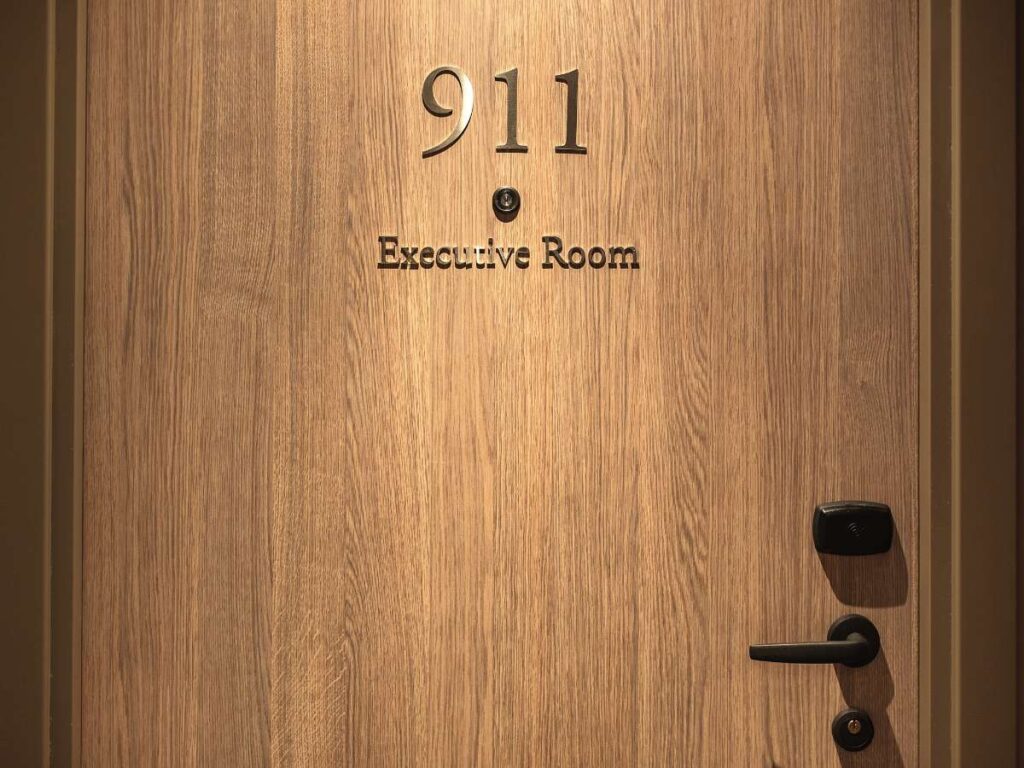
3. Modern Security Solutions
Over the years, I’ve noticed how hotel security has shifted from simple locks to smarter systems that save both time and stress. I want you to see these upgrades as more than just new hardware. Here are the solutions worth focusing on:
RFID and Mobile Keys
RFID locks changed the way hotels handle access. They’re harder to copy, quicker for staff, and far less trouble for guests. I’ve worked with properties that replaced old keys with RFID and saw an immediate drop in complaints.
Mobile keys take it further, letting guests use their phones to open doors. For you, it’s less time dealing with lost keys and more time focusing on service.
Cloud-Based Control
Cloud-based systems are one of the biggest game changers I’ve seen. You can block a lost key instantly or create a pass that expires when you decide. That flexibility makes life easier for your staff and keeps you in control, even when you’re off-site.
In my view, it’s one of the best ways to tighten security without adding more work.
Strong, Tamper-Resistant Doors
Even the smartest system fails if the door itself is weak. Solid frames, tamper-resistant hardware, and reinforced panels stop quick break-ins before they start.
Guests notice when a door feels sturdy and reliable, and that sense of safety improves their overall impression of the stay. For you, investing in stronger doors also cuts down on long-term repair costs.
Vallisco offers doors that are easy to integrate with any security system. This flexibility means you can upgrade or change your setup without replacing the entire door, saving time and cost while keeping guest safety a priority.
4. Smart Practices
Good security doesn’t end once you’ve installed the right doors and locks. It depends on the way you and your team handle them every day. Think of these practices as simple habits that make a big difference. Here are the ones I’d recommend focusing on:
Regular Audits
When was the last time you actually checked every lock in your hotel? A regular walk-through can reveal loose latches, worn keys, or failing hardware before guests complain. These audits don’t have to take long, but they must be consistent.
I’ve found that catching small issues early saves owners from expensive fixes later. Make it part of your routine, not a once-a-year job.
Master Key Tracking
Do you know exactly who has your master keys right now? If the answer is “maybe,” that’s already a problem. Master keys give access to everything, and one lost key puts every room at risk. Keep a record, sign them in and out, and make sure keys are returned on time.
It’s not complicated, but without tracking, you’re leaving your doors wide open.
Staff Training
Your staff sees more than you do on a daily basis. If they’re trained to spot weak doors or report a broken lock quickly, small problems never turn into big ones. I’ve noticed hotels where staff were unsure how to handle even simple issues, and it always led to bigger headaches.
Make training part of onboarding and refresh it regularly. In the end, trained staff protect both your guests and your investment.
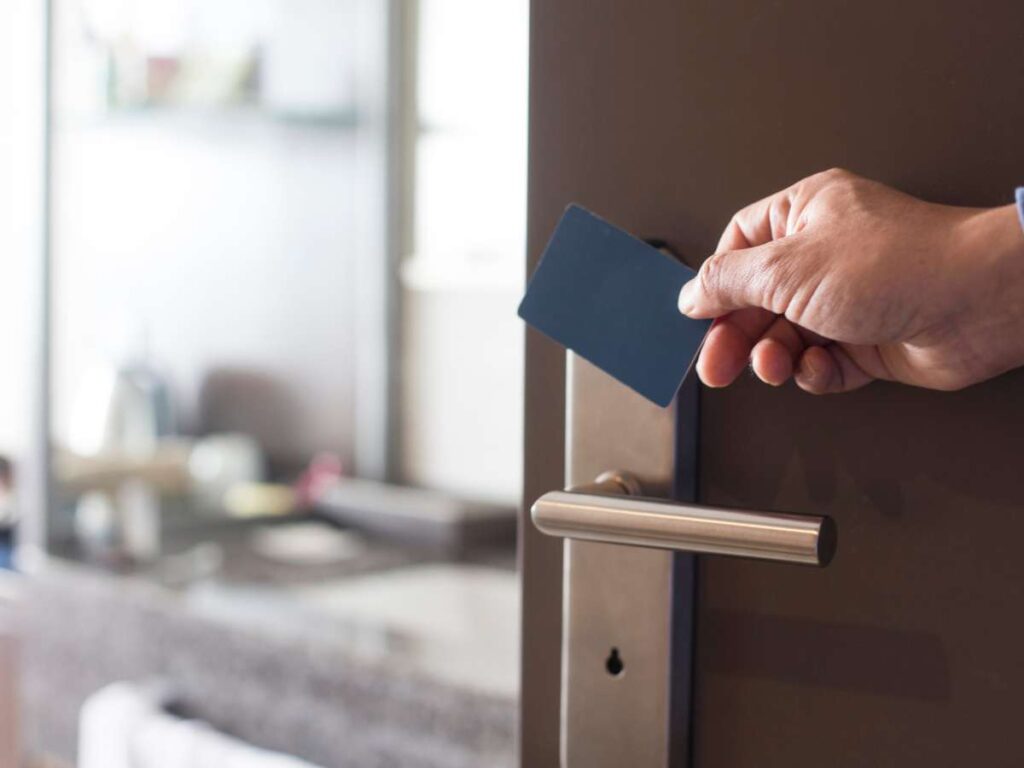
5. Investment That Pays Off
Upgrading hotel security often feels like an expense, but I want you to see it differently. One security failure, one guest incident, or even a single legal claim can cost more than upgrading your systems. Stronger security doesn’t just stop problems, it also builds long-term value for your property.
The True Cost of Weak Security
A weak lock or poor door doesn’t only risk safety, it risks your money too. Refunds, repairs, and legal fees can add up fast. Think about it: one serious failure can cost more than replacing every lock in your building.
That’s money you could have saved by upgrading earlier.
Upgrades That Save You Money
Stronger doors, better locks, and smarter access systems may look like a big spend at first. But compare it to the cost of one major failure, and you’ll see the difference.
Investing now avoids bigger bills later. It also saves your staff time dealing with constant repairs or guest complaints. Choosing a durable door from a manufacturer like Vallisco also helps, since their designs are built to handle heavy use and support long-term security plans.
Security Builds Trust and Bookings
When guests feel safe, they talk about it. They leave better reviews, and they come back. For you, that means more bookings and a stronger reputation. Security is not just a cost, it’s a way to protect your income and build guest trust at the same time.
6. Quick Manager Checklist
I know how busy it gets running a hotel. That’s why having a simple checklist helps keep security in focus without taking up too much time. Use this list as a quick reference to see if your property is on track or if changes are needed:
| Question | Why It Matters | Your Answer |
| Are your locks outdated? | Old locks are easier to break and frustrate guests. | Yes / No |
| Are your doors strong enough? | Weak frames and latches make even good locks useless. | Yes / No |
| Do you track who holds master keys? | Without records, one lost key puts every room at risk. | Yes / No |
| Do vendors keep access after jobs? | Active codes or keys can create silent security gaps. | Yes / No |
| Is staff trained to spot problems? | Your team can catch issues before they reach guests. | Yes / No |
| Do you run regular security audits? | Routine checks prevent small problems from growing big. | Yes / No |
Checking off “Yes” on each line means you’re covering the basics. If you see a “No,” that’s your starting point for the next improvement.
Conclusion
I started this article with a story about a loose hotel latch that made me lose sleep. That one detail showed how security can shape trust.
We’ve now walked through the hidden costs, weak spots, modern solutions, and smart practices that keep your property safe.
Don’t wait for an incident to remind you of that. If you’re ready to take action, choose systems that last and doors that support them.
Contact Vallisco today to find secure, durable doors that fit your hotel’s needs!
Discover More Options
For more helpful content, explore our collection of recommended reads:
Still haven’t found what you’re looking for? Don’t hesitate to contact us. We’re available around the clock to assist you.


